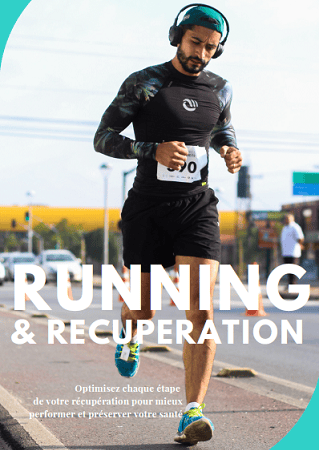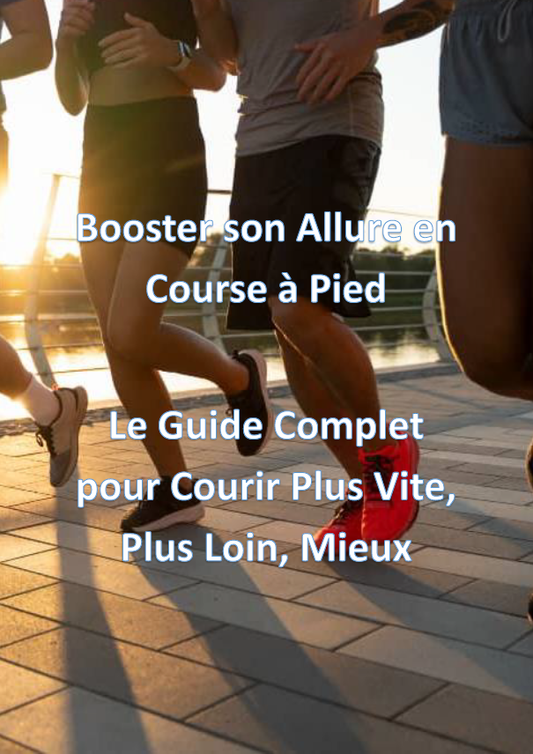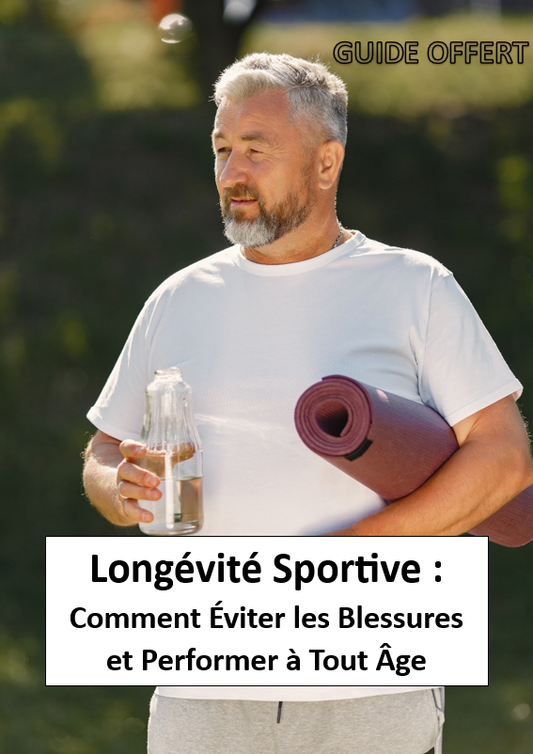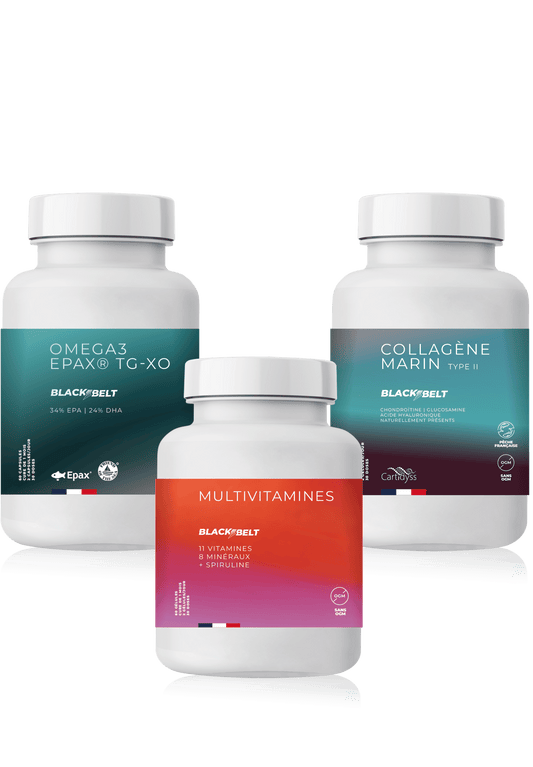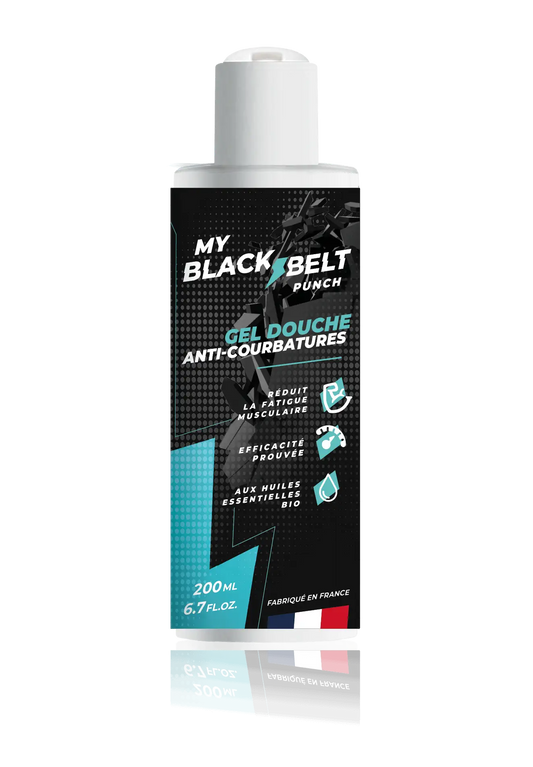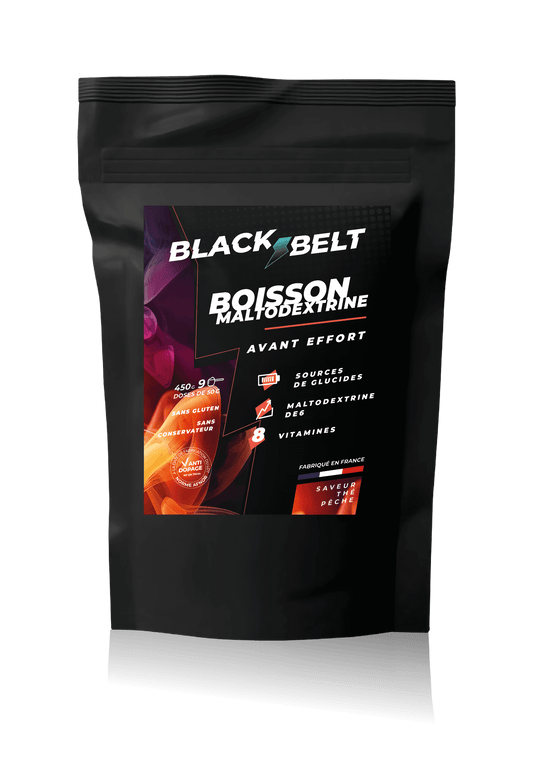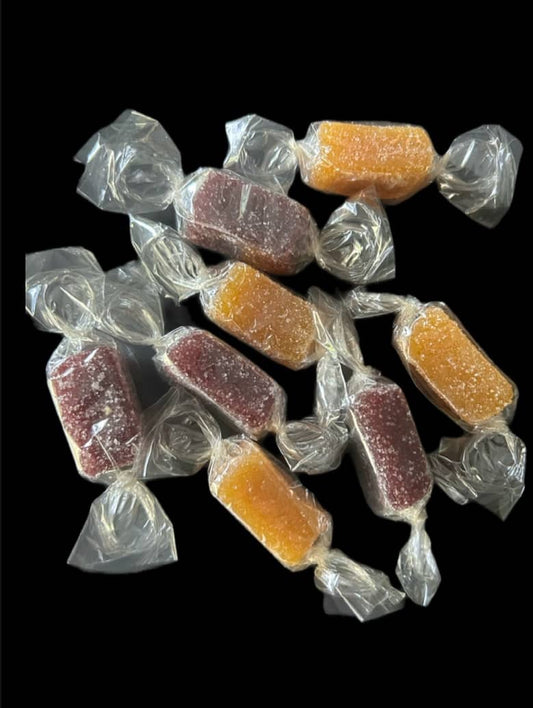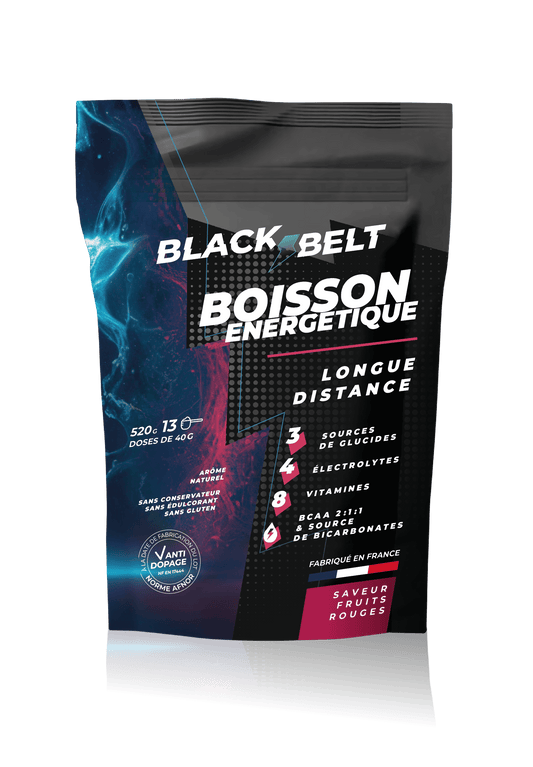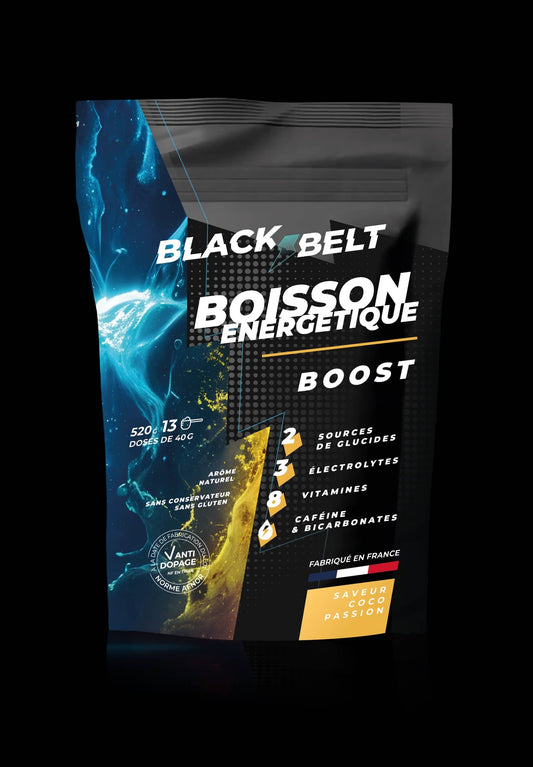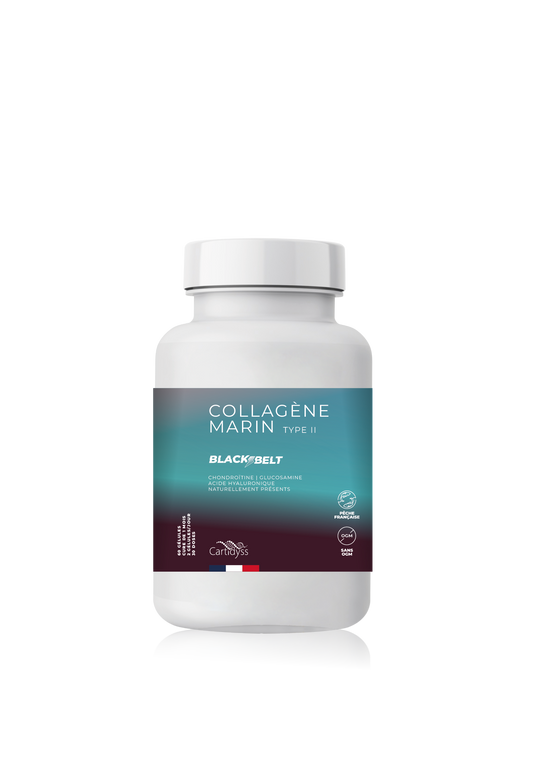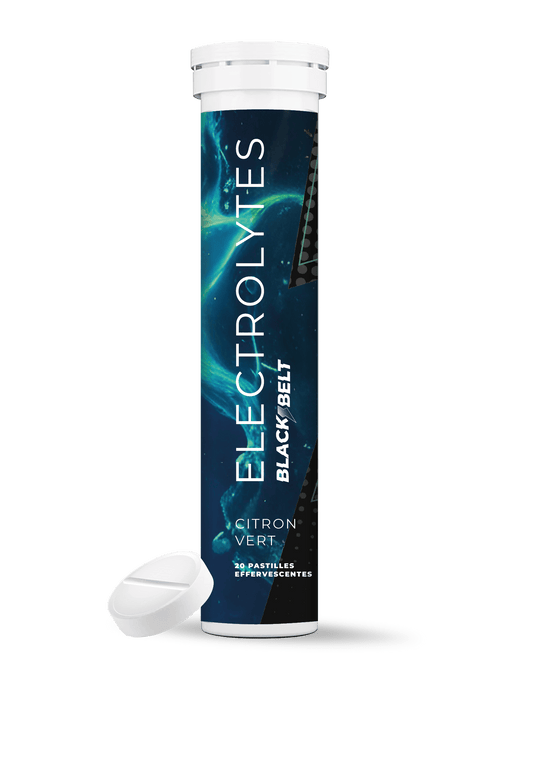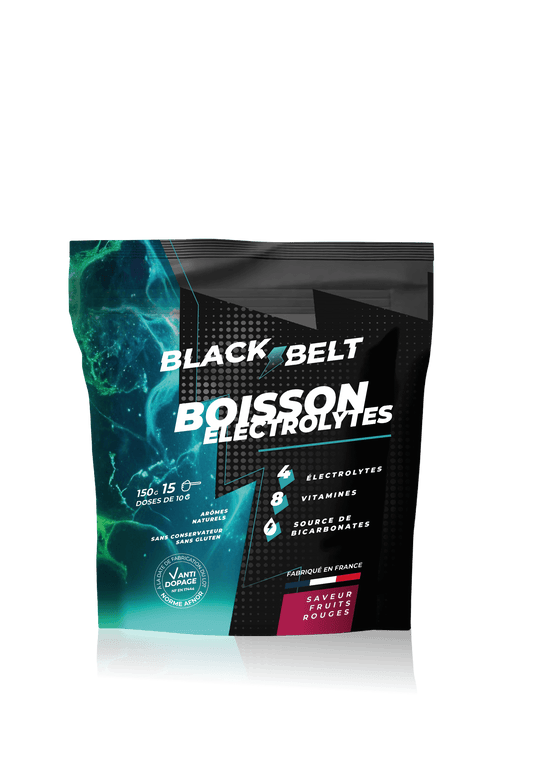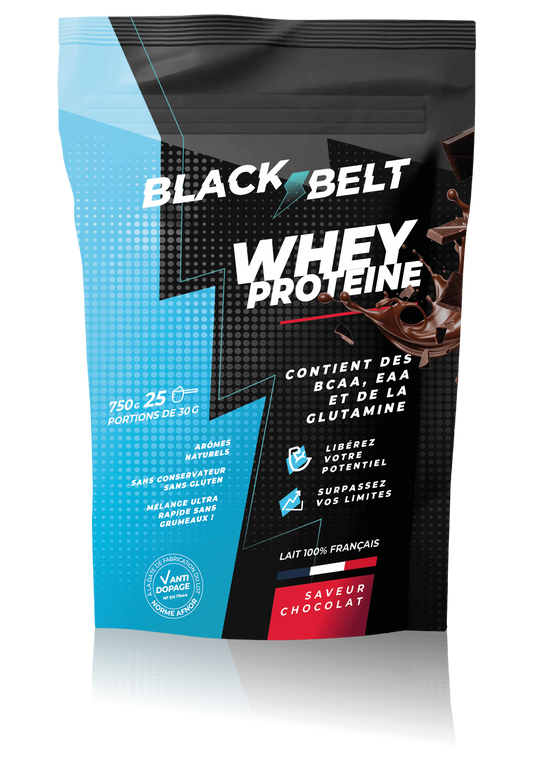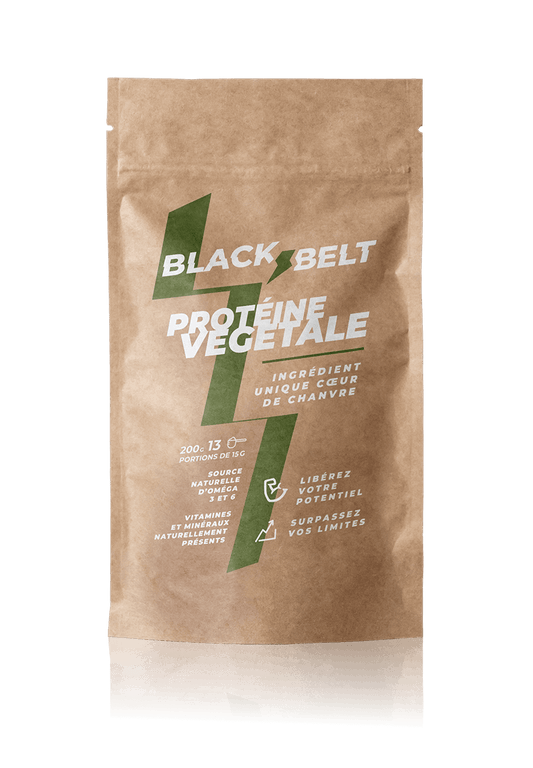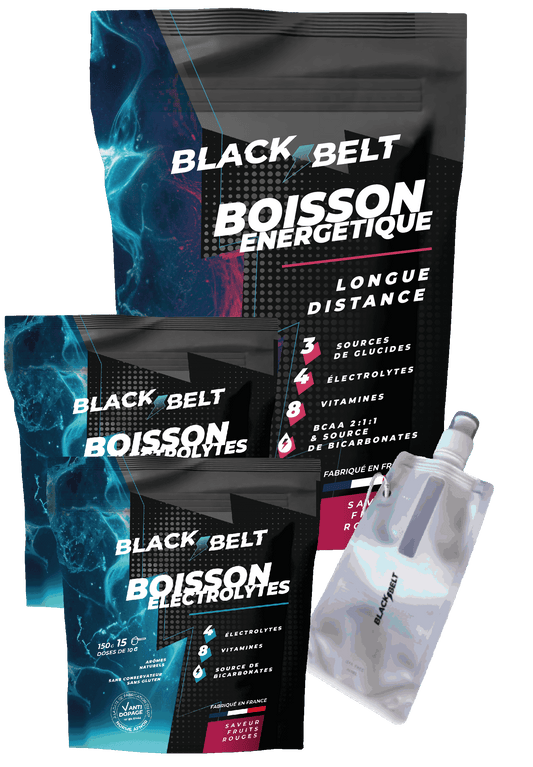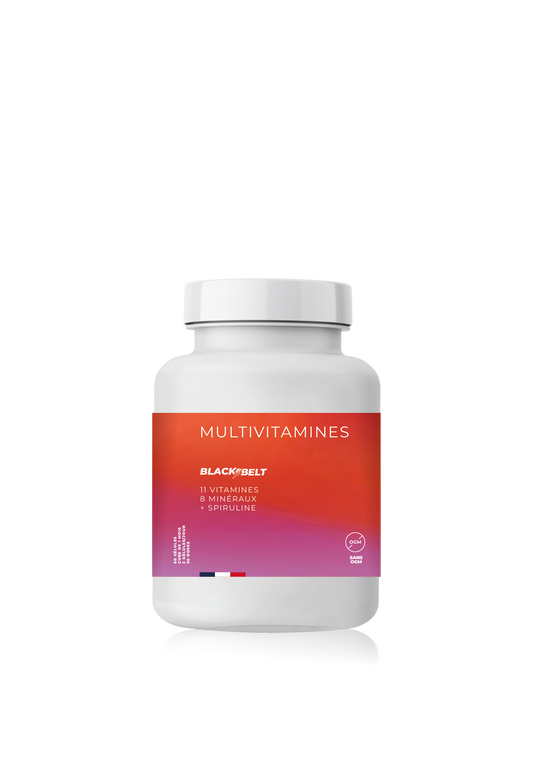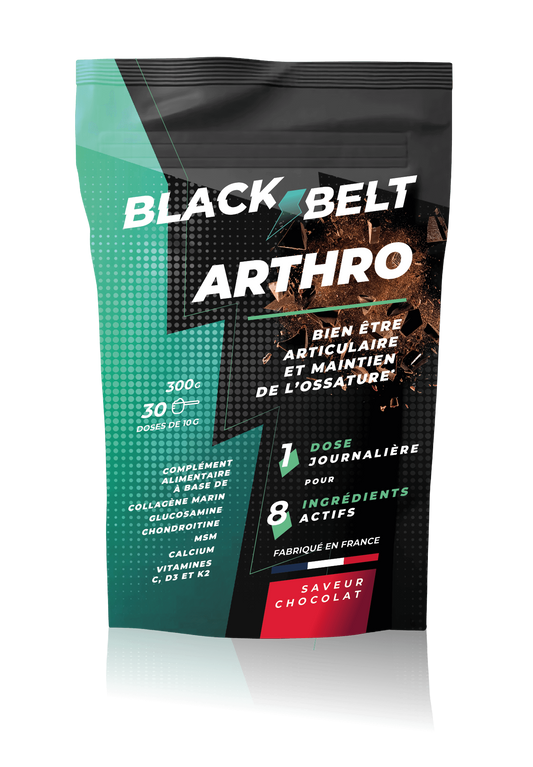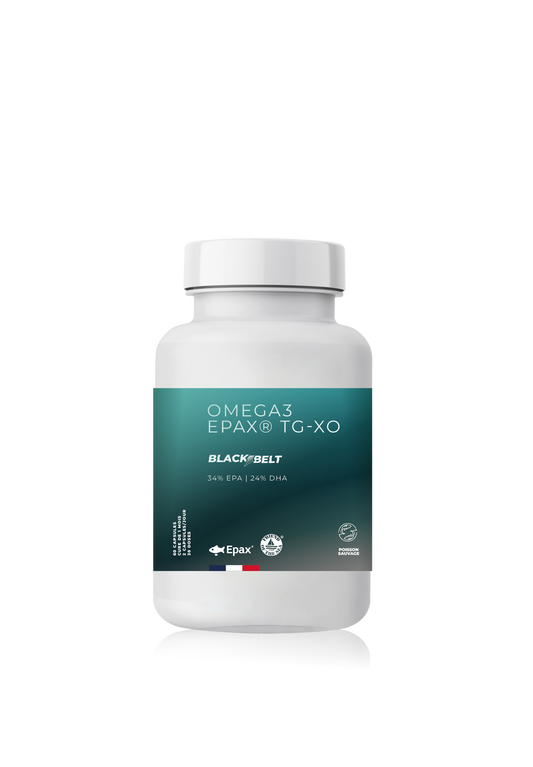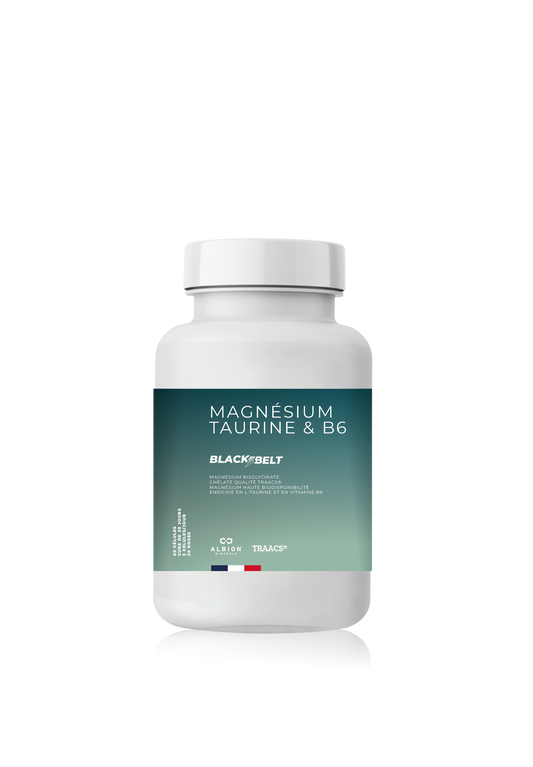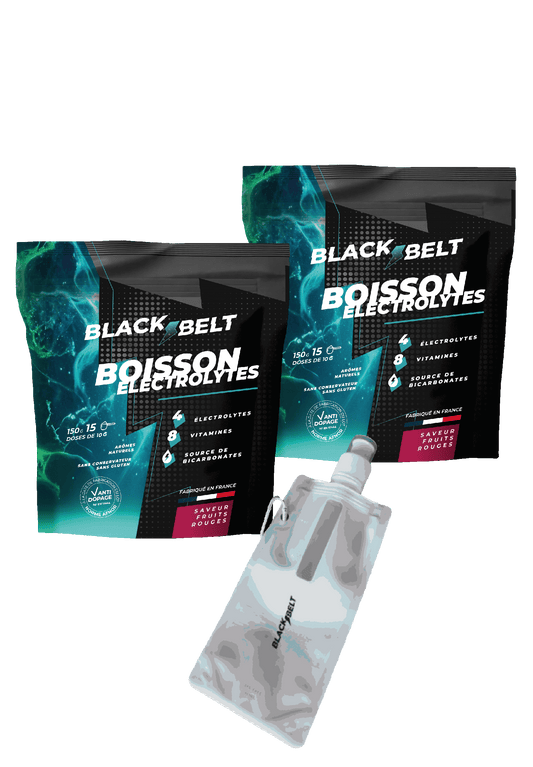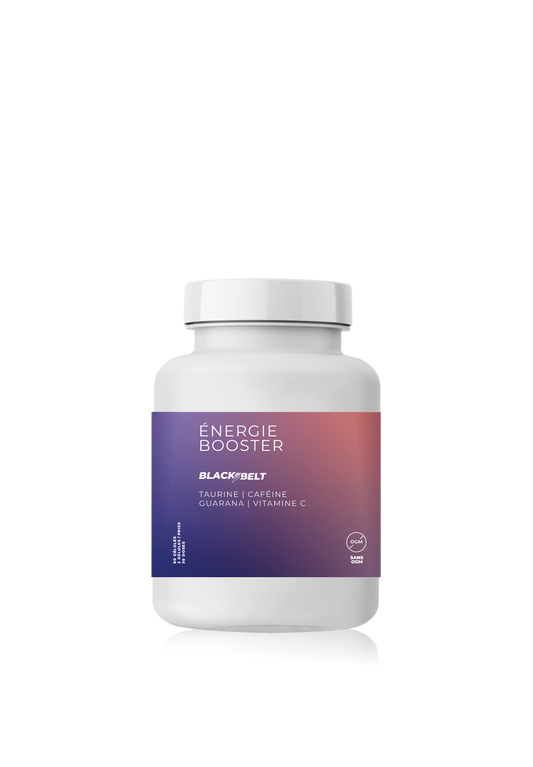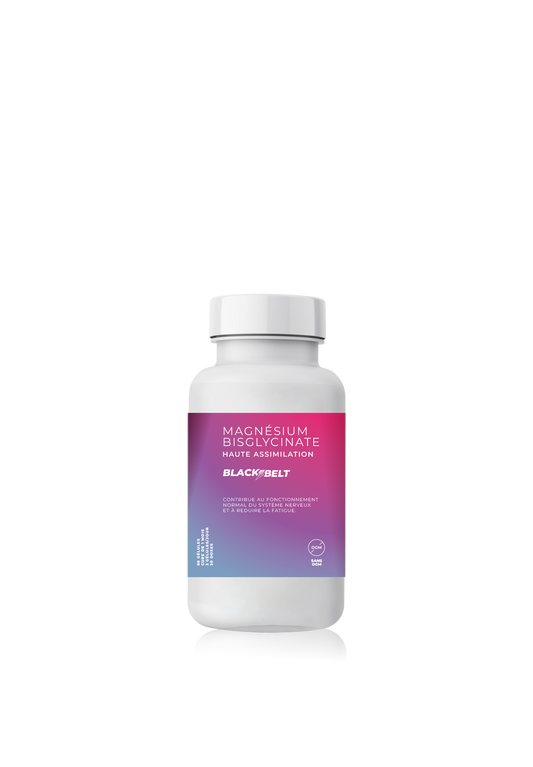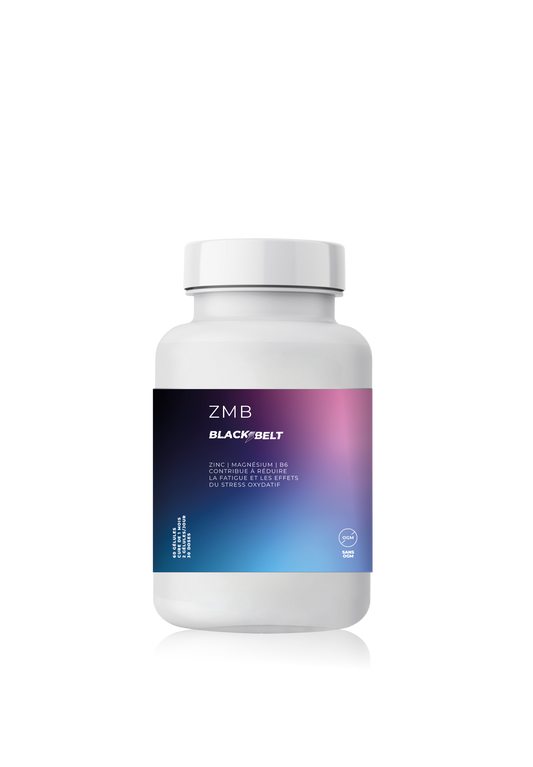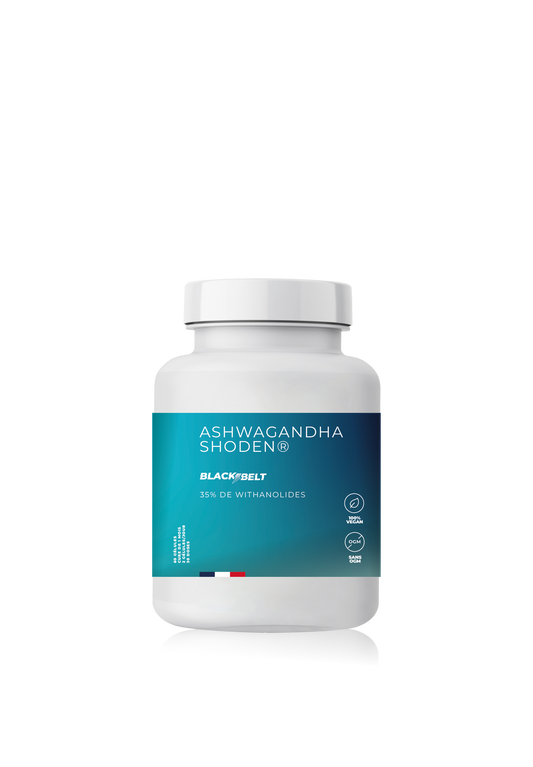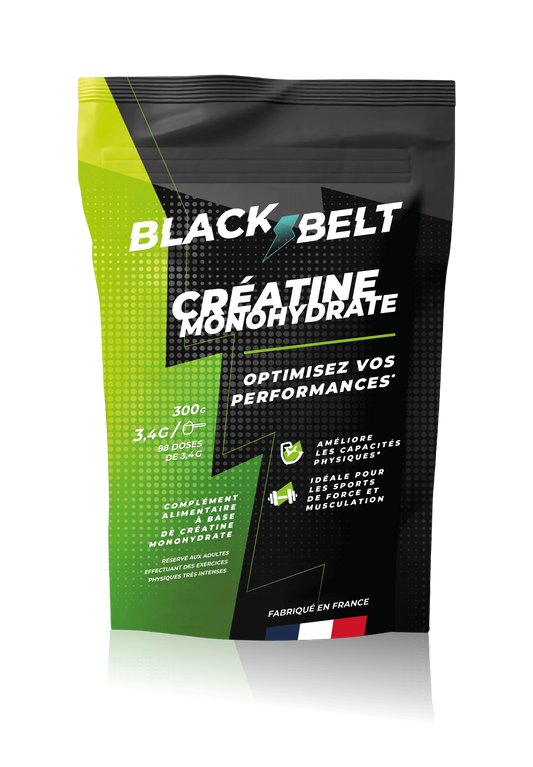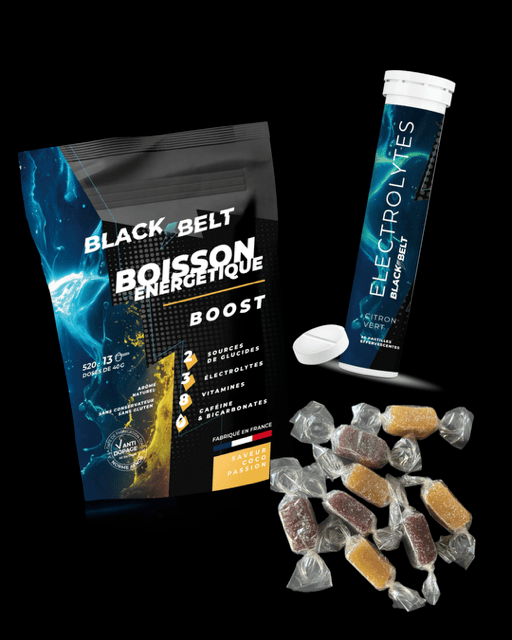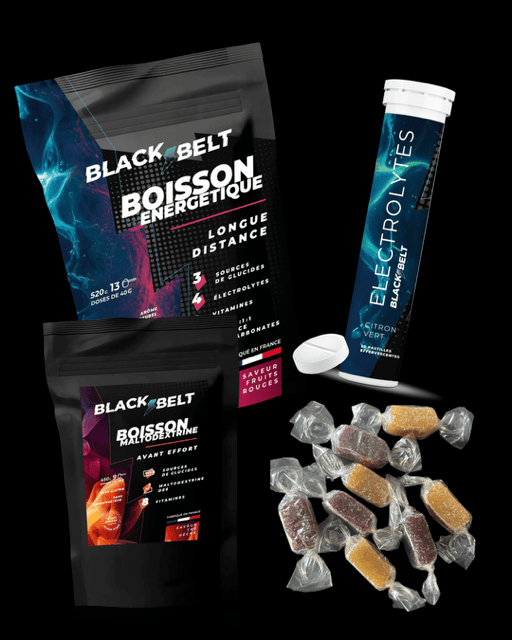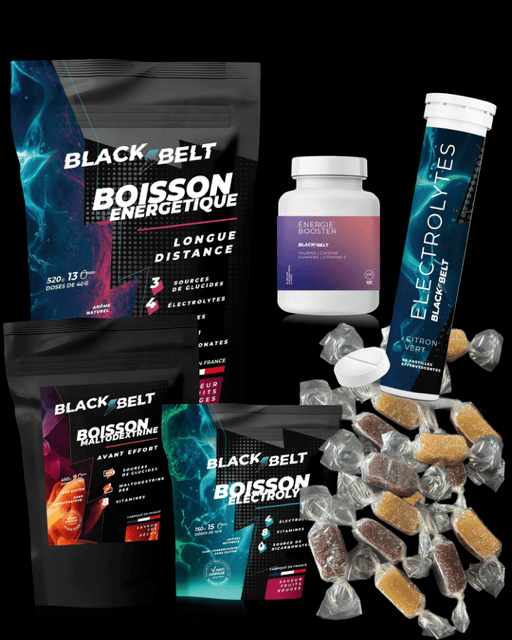
Share
Start running
Starting to run is a great idea , whether it's to improve your endurance, lose weight, or simply enjoy the outdoors. But to get off to a good start and avoid injury, it's essential to take a gradual approach and equip yourself properly. Follow our tips to make your first few miles a success and kick-start your life as a runner.
Start running?
Running is one of the most accessible sports: a pair of shoes and a little motivation are all you need to get started. Among its many benefits:
• Improved cardio and endurance
• Weight loss through high calorie expenditure
• Leg and core muscle strengthening
• Anti-stress effect thanks to the release of endorphins
• Ease of adaptation: everyone can run at their own pace, alone or in a group
And then running is becoming more popular, with more and more groups of people offering races together. Most of the time, it's accessible to all levels, so it's perfect for getting started with running.
But to reap the full benefits, you need to know how to start gently and avoid some common mistakes.
How to start running well?
Alternate: walking and running
The biggest pitfall for beginners is trying to run too fast and for too long on their first outing. Ideally, you should start by alternating between walking and running, for example:
• 1 min run / 2 min walk, repeated 10 times
• Then 2 min run / 1 min walk, until you can run for 30 minutes without stopping.
This progression allows the body to adapt and reduces the risk of excessive fatigue or injury. And if you're completely sedentary, you can also start with a 5km walk !
Run at the right pace to start.
Don't try to run too fast. A good benchmark: you should be able to talk while running. If you're out of breath after 2 minutes, your pace is too fast. There's a concept called EF, or fundamental endurance.
To summarize, this is the basis of your running speed: The running pace at which the body tires very little. It is simply the pace at which you are comfortable while breathing normally.
Warning: No one will achieve a personal record (PR) by running in (EF) but just by reading this article you'll start speaking Runner! That's a good sign you're starting to run!
Gradually increase distance and frequency
Start with 2 to 3 runs per week and gradually increase the duration. There's no need to run every day: rest days are just as important as training to progress without injury.

What equipment do you need to start running?
Suitable shoes for starting running
Often, the first pair of shoes is the one in the closet or a first prize in a large sports store.... Well, when you get your foot in the door, you will quickly see that the choice of shoes is crucial for progressing and also not getting injured.
Instead, opt for:
• Running shoes adapted to your weight and stride that you will find in specialist stores (and not in general sports stores)
• Good cushioning to protect your joints, although strengthening them with runner's supplements is a very good idea too.
A comfortable outfit
Choose breathable, technical clothing that wicks away perspiration and avoid cotton, which retains moisture. Choose layers of clothing that are easy to remove and winter protection depending on the season (gloves, hat, etc.).
Hydration and recovery
These are two points that are often overlooked when you're new to running, yet they're very important. Even for a short run, it's essential to stay well hydrated before, during, and after exercise. After training, a recovery drink rich in protein and electrolytes can help prevent muscle soreness and improve recovery.
Where to run when you're a beginner?
The choice of terrain plays a key role in your comfort and progress:
• Parks and dirt roads: more flexible and more pleasant than asphalt
• Athletics track: ideal for a smooth, obstacle-free surface
• Roads and sidewalks: convenient but harder on the joints
• Trails and forests: excellent for working on balance and strengthening stabilizer muscles
If you run on hard surfaces, consider using a muscle recovery gel after exercise to limit tension and soreness.
Mistakes to avoid when starting running
• Running too fast from the start
• Neglecting the warm-up (5 minutes of walking and joint mobility exercises are enough)
• Skipping rest days, which increases the risk of injury
• Ignore the pain: listen to your body, persistent pain is a warning signal
• Forget recovery: Hydration, stretching and muscle care are essential
A good muscle recovery supplement can make a difference after exercise, especially if you do sessions several times a week.
Training program to start running
Here's a simple 4-week plan to get you started gently:
Week Session 1 Session 2 Session 3
1) 1 min run / 2 min walk (x10) 1 min run / 1 min walk (x10) 2 min run / 1 min walk (x8)
2) 3 min run / 1 min walk (x6) 5 min run / 1 min walk (x5) 7 min run / 1 min walk (x4)
3) 10 min run / 1 min walk (x3) 15 min run / 1 min walk (x2) 20 min race
4) 25 min race 30 min race 30 min race
The goal is to be able to run for 30 minutes without a break by the end of the first month.

Should you take nutritional supplements for running?
If you're new to running, your diet should be balanced to support your efforts . But certain supplements can be helpful, especially if you're lacking energy or having trouble recovering:
• If you sweat a lot, it’s hot or the effort is short but intense: think about electrolytes!
For efforts lasting more than 1 hour 30 minutes, an energy drink to avoid energy drops.
• After exercise, proteins containing BCAAs and EAAs are ideal for optimizing muscle recovery.
• A quality joint complex to preserve or relieve joints.
• Recovery gel to relieve tension and prevent aches and pains after a ride.
Go further:
• Omega 3s can also act as anti-inflammatories for the body.
• Magnesium, see ZMB (Zinc-Magnesium-Vitamin B6) for recovery and sleep
• A course of vitamins, if you are a little tired at the moment
• An energy booster 20-30 min before your outings for a boost!
The BlackBelt range offers solutions adapted to beginners and experienced runners to improve performance, recovery and limit muscle soreness!

